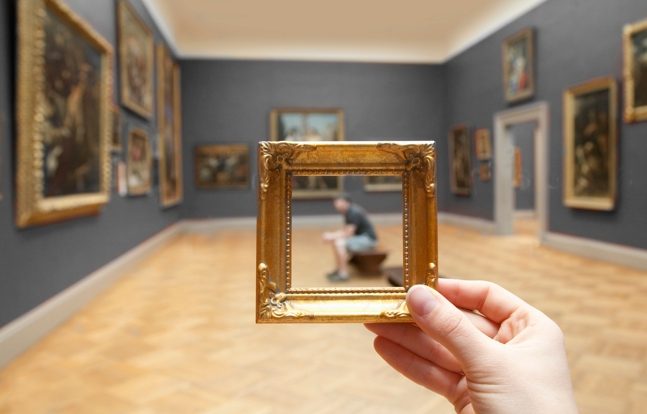
More than bringing knowledge and improving the soul for the pleasure of observing and absorbing art up close, Museums can really Heal – Heal diseases of our mental health. Science is increasingly supporting the effectiveness of art therapy and the consumption of art as a therapeutic procedure, with research confirming that hormones such as endorphins and serotoninresponsible for fun and Goodespecially when we appreciate works of art, in the process that reduces the production of stress and strengthens the body’s defenses.
For some time now, visits to institutions around the world have been recommended as a way to do this Psychiatric treatment: In the CanadaFor example, doctors and health societies partner with museums so that prescriptions serve as admission tickets to places like the Museum of Fine Arts in Montreal.

Research increasingly proves the mental health benefits of visiting museums
-8 Museums to visit before they are taken over by negligence or fire
According to the Foundation of the Museum of Fine Arts Montreal It is a recurring and recommended scenario art therapy, with visits used as part of treatments for conditions such as Alzheimer’s, epilepsy, anxiety, depression, mental problems, anorexia and even heart disease. Canadian doctors can recommend up to 50 Museum visits As a therapeutic procedure, with a prescription that includes family members and caregivers to accompany the patient to the place.
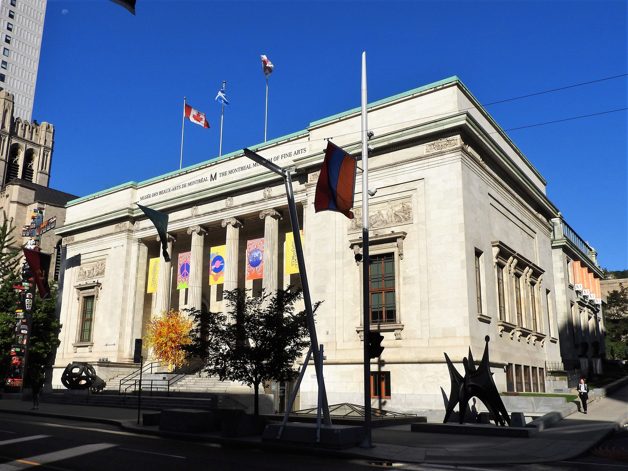
Today, the Museum of Fine Arts in Montreal is a reference in the implementation of treatments in such institutions.
Nes da Silvera: Who is the doctor who revolutionized psychiatry in Brazil?
However, Canada is not the only place where museum visits are recommended as medicine: in BrusselsIn Belgium, for example, four of the city’s major museums now accept prescribed visits as treatment. The same thing happens in Denmarkwhere the cities of Aalborg, Vordingborg, Nyborg and Silkeborg are carrying out a pilot project with the Danish health authorities called Kulturvitaminer, which actually translates to sound like: “Vitamin Culture”.
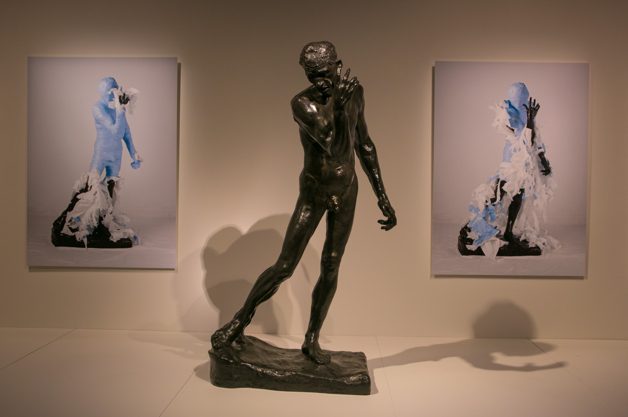
A sculpture by French artist Auguste Rodin is on display at the Musée des Beaux-Arts in Montreal
– Free treatment is available, affordable and important; Group meeting
The program invests in creating groups for people undergoing treatment Psychological health Or facing periods of crisis to consume both culture and art. Kulturvitaminer already brings together hundreds of people, who carry out two to three activities per week, and similar initiatives are being carried out in the UK, France and Australia.
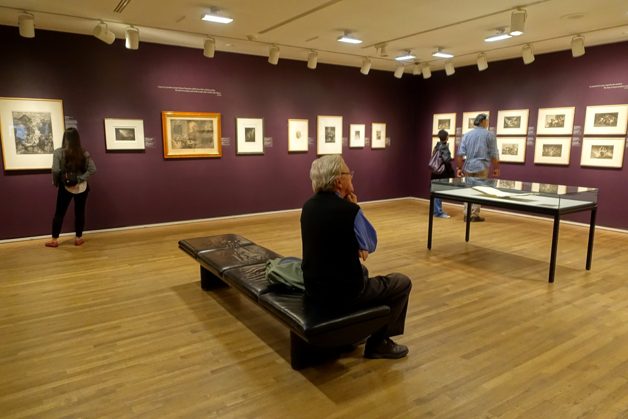
Some institutions around the world accept medical recommendations as tickets
Artists raise awareness of mental health with posters in Toronto
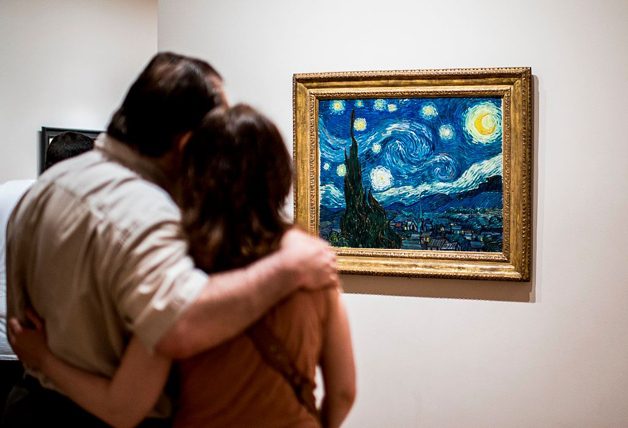
Visitors watch Van Gogh’s “Starry Night” at the Museum of Modern Art in New York

“Friendly zombie guru. Avid pop culture scholar. Freelance travel geek. Wannabe troublemaker. Coffee specialist.”






